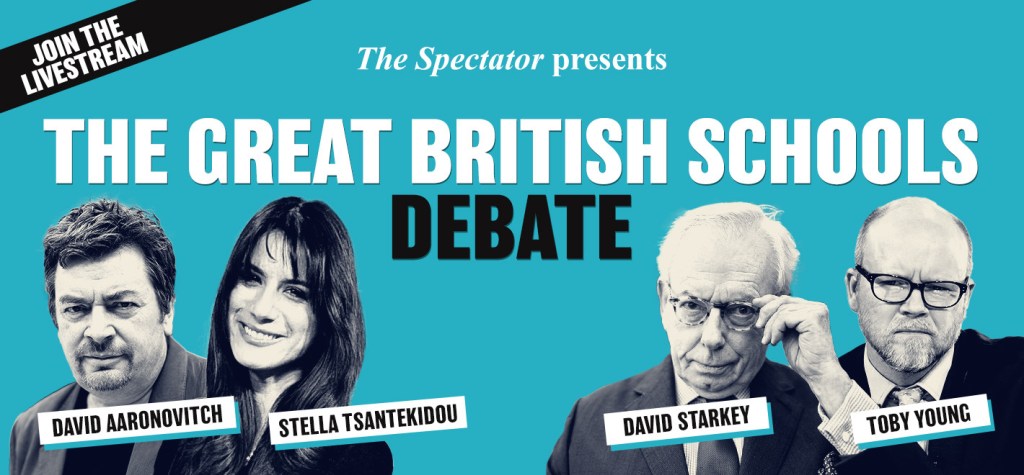Sir Keir Starmer has been on another overseas visit. On his 18th trip in seven months as prime minister, he travelled to Brussels yesterday to talk to European Union leaders about defence and security, an area on which he is keen to expand cooperation. His mission was both practical and symbolic: he is pursuing a defence agreement with the EU, but he is also desperate to show that he has ‘reset’ the United Kingdom’s relationship with Europe and has been welcomed into the club by the leaders of the 27 member states.
As well as EU leaders, including the new president of the European Council, António Costa, Starmer met Mark Rutte, secretary general of Nato, as a warm-up. His message directed towards his European colleagues was predictable: increase support for Ukraine and pressure on Russia, especially in light of Donald Trump’s return to the White House.
The Prime Minister has a tendency to assume things are true because he says them
This may have caused some eyebrows on the continent to arch. There are concerns that the UK’s own support for Ukraine is less stalwart than it could be – despite the signing last month of an eye-catching 100-year alliance. There have also been rumours that Starmer’s government will now not increase its own defence spending to the promised and talismanic 2.5 per cent of GDP before at least 2032.
The Prime Minister’s eagerness for some kind of arrangement with the EU on defence and security raises more fundamental issues. What is it that he wants or expects?
Under the Treaty on European Union, defence is principally a matter for individual member states rather than the union as a whole. In 2009, the Treaty of Lisbon created a formal common security and defence policy and made provision for permanent structured cooperation (PESCO) between members, supported by the European Defence Agency (EDA). It also inserted a mutual defence clause, Article 42.7, into the existing treaty. But the EU’s defence capabilities remain small and the institutions modest.
One of the reasons for this is that the principal vehicle for defence policy and military action on the continent has traditionally been Nato, which of course engages the United States (and Canada). The overlap in membership is enormous. There are only four EU member states who are not also in the alliance; they are, to be charitable, not major players: Austria, Cyprus, Ireland and Malta.
Starmer is insistent that a UK-EU agreement will not detract from Britain’s commitment to Nato; indeed, at his press conference with Rutte, he claimed that it would ‘bolster’ the alliance. But this is argument by assertion. The Prime Minister has a tendency to assume things are true because he says them, and he has offered no convincing explanation as to why a focus on defence cooperation with the EU should make any contribution to the strength or capabilities of Nato.
This is the worst possible time to be undertaking any enterprise which might undermine or cast doubt on our commitment to the transatlantic alliance. We know that Donald Trump is deeply sceptical of Nato as an organisation, seeing it as a means through which Europe has taken advantage of the United States over several decades and enjoyed a ‘free ride’, permitting relatively low levels of defence spending while sheltering behind American military might. If there is more cooperation to be done, why not do it through Nato structures and processes, thereby reassuring Washington that the UK is more engaged than ever in collective security?
Starmer is right to say that European countries must dedicate more resources to defence, a view echoed by Mark Rutte. There are still some major European countries such as Italy and Spain who are spending less than 2 per cent of GDP, while Germany has only just reached that benchmark. If, however, as some EU countries want, increased spending is directed exclusively towards the European defence sector rather than the American, that will only serve to chill transatlantic relations further and deepen the Trump administration’s scepticism.
Starmer has offered no plausible justification for pursuing defence policy and procurement through the EU’s limited and weak institutions rather than the tried-and-tested structures of Nato. It is difficult to avoid the suspicion that the Prime Minister sees this not only in defence and security terms but as part of a plaintive quest for rapprochement with our European neighbours. Relatively speaking, a defence agreement would be an easy win for Labour, far from any heartburn-inducing ‘red lines’ like freedom of movement or membership of the customs union.
There is surely a straightforward truth that member states would bolster Nato by working through the alliance. Focusing instead on the EU seems only to suit those in Brussels who want to accumulate power and responsibility in its institutions, pursuing that ‘ever closer union’ which is enshrined in the founding Treaty of Rome. Starmer should shape the UK’s defence policy around our strategic interests and the means of delivering them, not as a token of good faith to an organisation we left five years ago.








Comments